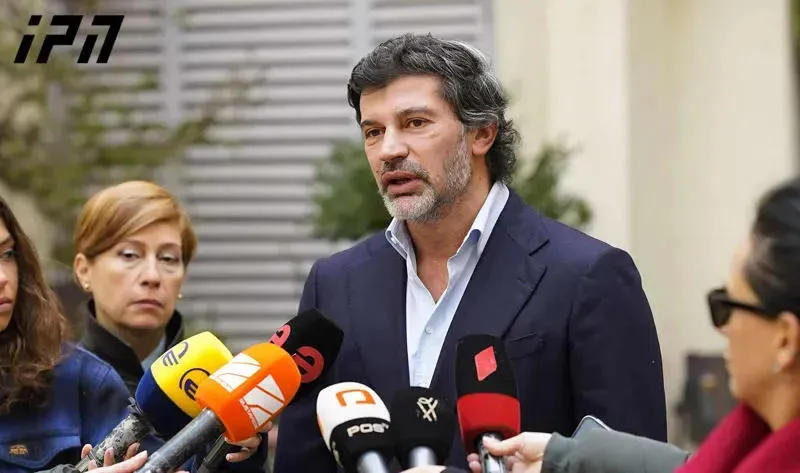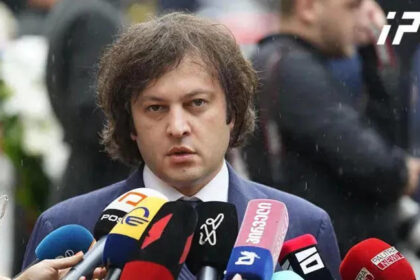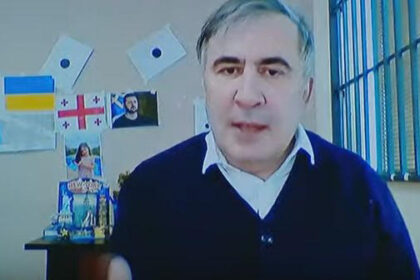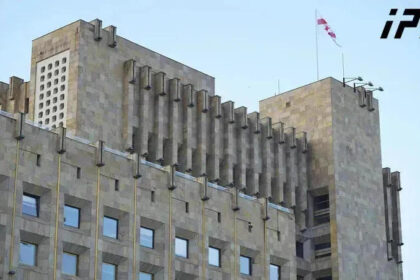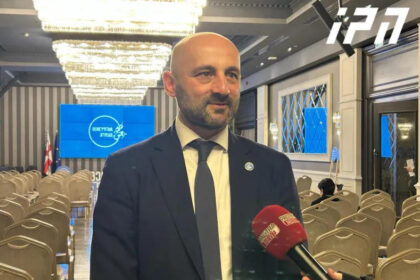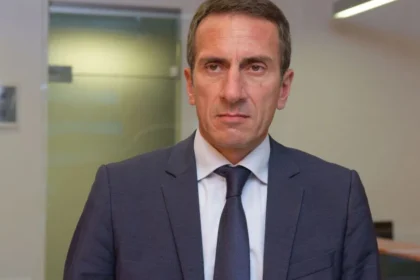**Tbilisi Mayor Vows to Defeat Radical Groups in Upcoming Elections**
In a bold statement, Kakha Kaladze, the mayor of Tbilisi, has vowed to defeat radical groups ahead of the upcoming elections. Speaking to the press, Kaladze made it clear that he intends to run for mayor and will stop at nothing to ensure his victory.
The opposition, Kaladze claimed, is merely a pawn in a larger game controlled by foreign interests. “They’ve always said—and I’ll repeat again today—that they will do whatever they are ordered to do from abroad,” he stated. This assertion suggests that the opposition’s actions are dictated by external forces rather than any genuine desire to serve the people of Tbilisi.
Kaladze’s comments come as the city prepares for its local elections, with the opposition still undecided on whether or not to participate. The mayor remains confident that his team will emerge victorious, regardless of the opposition’s decision. “Whether they unite ahead of the elections or remain fragmented, it makes no real difference,” he said. This attitude suggests a lack of concern about the potential impact of the opposition’s participation on the election outcome.
When questioned about his own intentions to run for mayor, Kaladze replied with characteristic confidence: “I intend to run for mayor, and I intend to defeat all of you radical groups.” His willingness to engage in direct confrontation with perceived adversaries has raised eyebrows among observers. However, it remains to be seen whether this approach will ultimately pay off at the polls.
**Analysis**
Kaladze’s comments reflect a growing trend of populist rhetoric in Georgian politics. By framing his opponents as mere pawns controlled by external forces, he is able to cast himself as a champion of national sovereignty and democratic values. This narrative has proven effective in rallying support among some segments of the population.
However, critics argue that Kaladze’s approach risks further polarizing an already divided society. By demonizing his opponents and refusing to engage in constructive dialogue, he may inadvertently fuel radical sentiment among those who feel disenfranchised by the current system.
Ultimately, the outcome of these elections will depend on how effectively the opposition can mobilize public support and challenge Kaladze’s narrative. One thing is certain: this election cycle promises to be a highly contested and potentially volatile affair.
Read More @ www.interpressnews.ge




